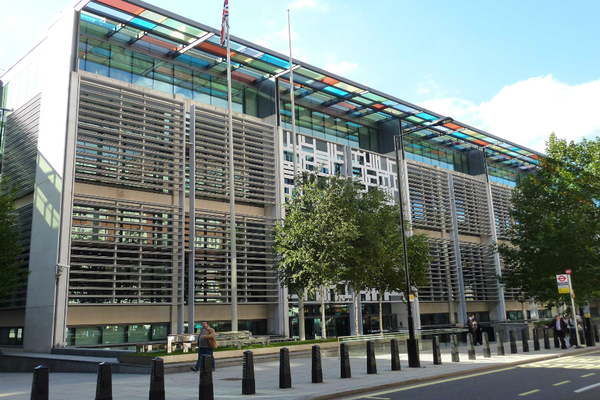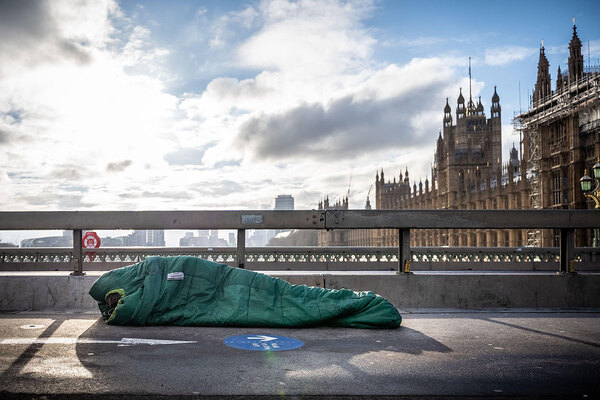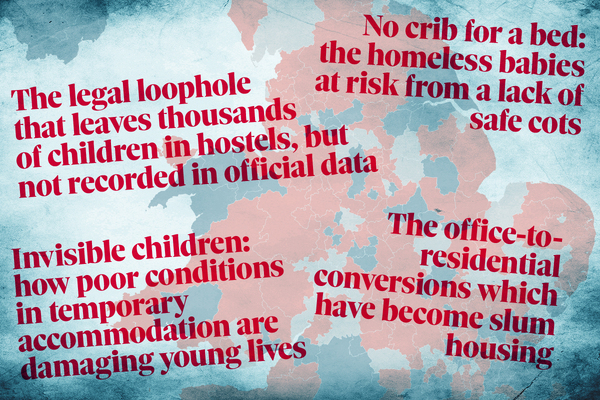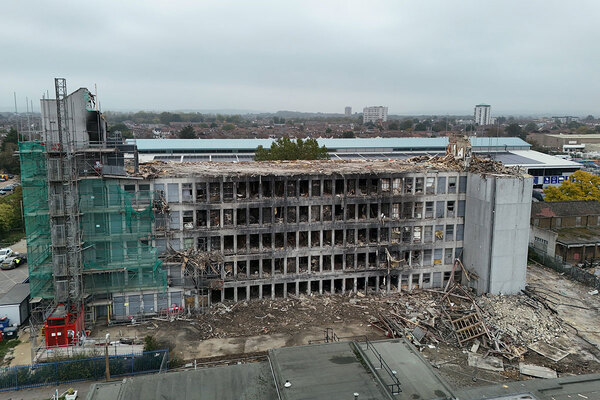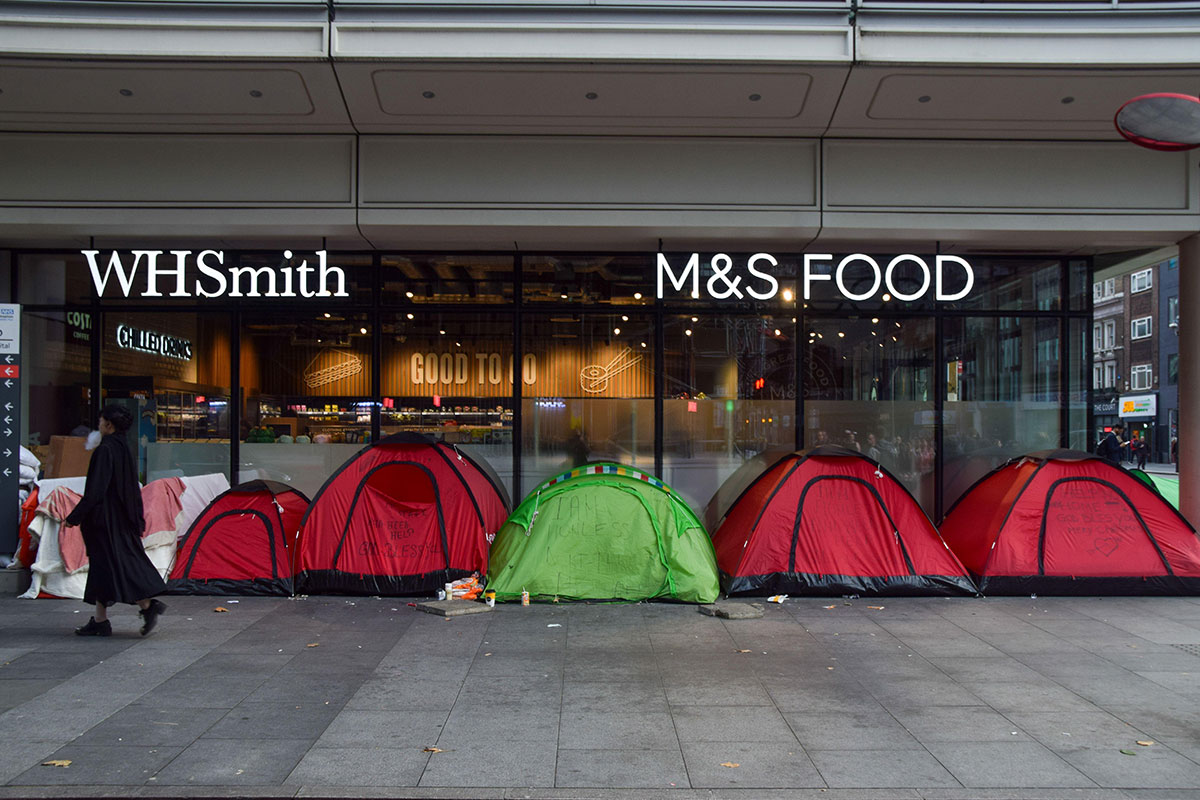You are viewing 1 of your 1 free articles
Refugee and migrant organisations report 99% increase in adults experiencing homelessness
New data released by a UK-wide frontline network of refugee and migrant organisations has reported a 99% increase in adults experiencing homelessness.
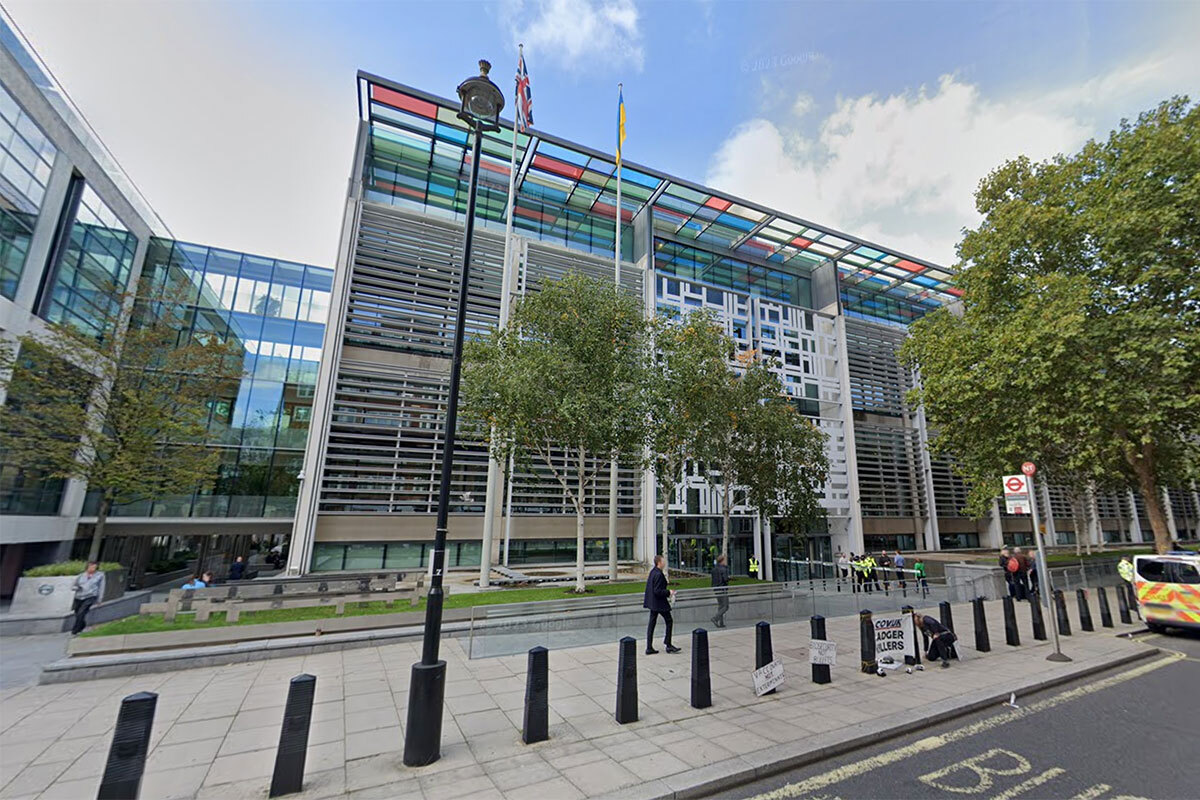
The figures from the No Accommodation Network (NACCOM) showed its member organisations housed more than 4,000 people and provided over half a million nights of accommodation in 2023-24. This represents an 11% increase in service users compared with the previous year.
Nearly half of those housed were refugee adults experiencing homelessness, representing a 99% increase in demand from this group compared with 2022-23.
These 1,941 people represented the largest cohort of refugees NACCOM has ever accommodated.
The network said the data is indicative of an ongoing refugee homelessness emergency where increasing numbers of people are forced to turn to the voluntary sector for accommodation despite being granted refugee protection by the state and having a legal entitlement to statutory support.
NACCOM attributed the increase in refugee homelessness to the previous government’s attempts to clear the asylum backlog before the end of 2023, as well as short-term changes to the move-on process during August 2023. This led to many people being evicted from asylum accommodation at speed, without enough time to find alternative solutions.
The report highlighted how charities are increasingly providing a safety net for people who fall through the gaps in the asylum and immigration system, stepping in when statutory support fails or is withdrawn.
However, demand for charity services far outstrips available resources. In 2023-24, NACCOM was unable to accommodate 4,151 people due to lack of capacity – an increase of 83%.
For the first time, NACCOM members describe having to distribute rough sleeping packs, including tents and sleeping bags, to refugee rough sleepers.
Bridget Young, director at NACCOM, said: “Our research shows that thousands of people each year are needlessly pushed into destitution and homelessness as they go through the asylum and immigration system. No one should have to experience trauma, hardship and injustice simply because of their immigration status, but this is the reality for so many.”
NACCOM said that a failing asylum system, inaccessible legal advice, a lack of affordable housing and a general increase in homelessness are putting extreme pressure on the voluntary sector and local authorities.
Leon Elliott, policy and research co-ordinator at NACCOM, said: “While we know it is just the tip of the iceberg, our data underscores the reality of destitution faced by many refugees and migrants today, and the need for immediate action to end homelessness for all.”
Among other policy changes, NACCOM is advocating for an extension of the 28 day move-on period from asylum accommodation to at least 56 days.
In response, a Home Office spokesperson said: “We have inherited huge pressures in the asylum system, but we are working to make sure individuals have the support they need following an asylum decision and to help local authorities better plan their assistance with homelessness.
“Support for newly recognised refugees is available through Migrant Help and their partners, which includes advice on how to access Universal Credit, the labour market and where to get assistance with housing.”
The government said it is aware of the need for a smooth transition between asylum accommodation and other accommodation for those asylum seekers who are granted leave to remain.
It is also working with local authorities to manage the impact as it works to reduce the number of asylum seekers awaiting a decision.
Sign up for our homelessness bulletin
Already have an account? Click here to manage your newsletters
